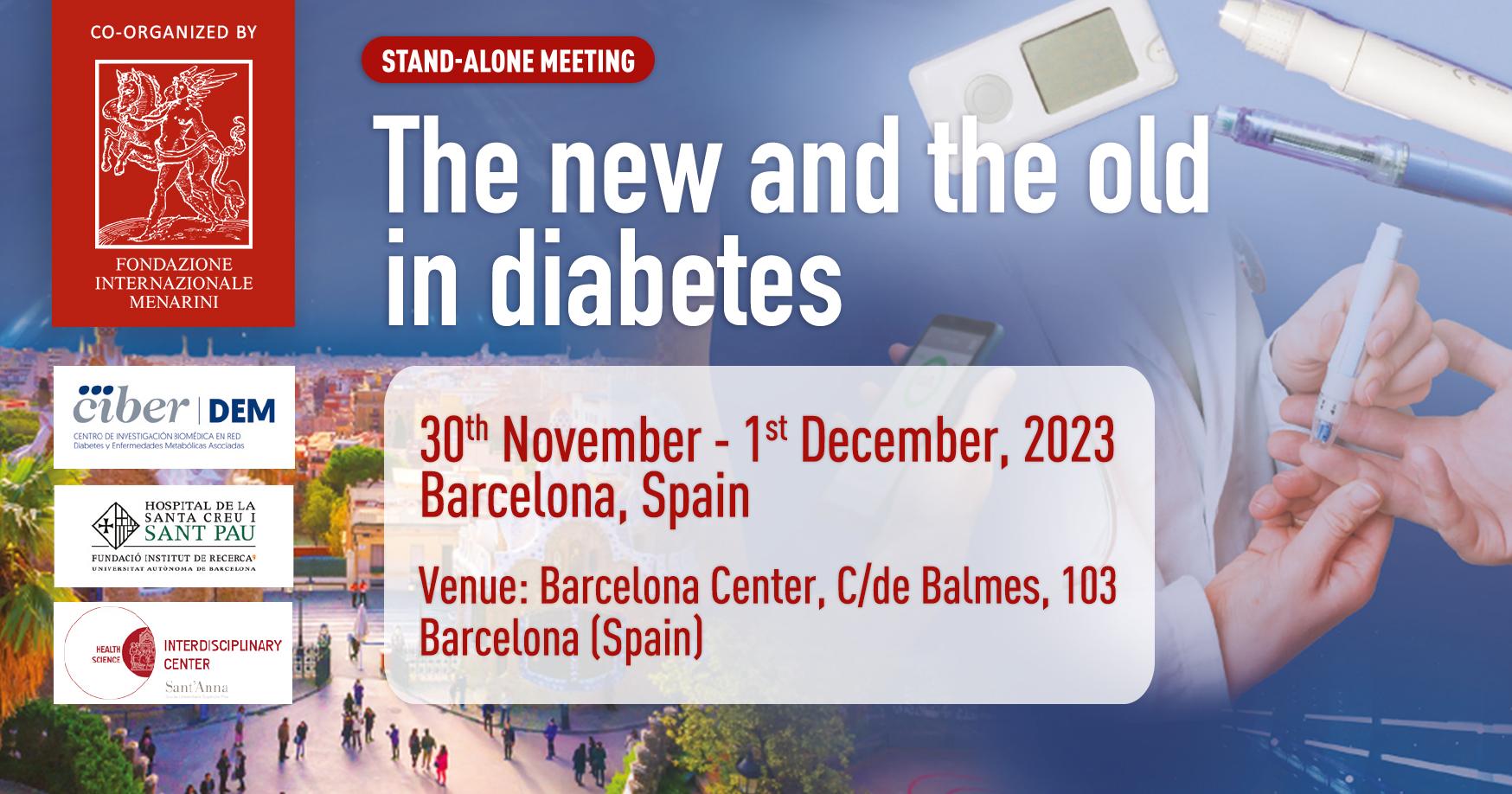
Giuseppe Daniele
Giuseppe Daniele
Current Position:Associate Professor, SSD MED/13 “Endocrinologia” Scientific Profile: in the last ten years the scientific activity has focused on the study of the role of central nervous system on energy homeostasis and glucose metabolism. To this aim the clinical activity has been constantly combined with basic and clinical research. Clinical activity is carried out in diabetes clinics in Azienda Ospedaliero-Universitaria Pisana in Pisa and is aimed at the diagnosis, treatment, and follow-up of all forms of diabetes and complications. A dedicated laboratory equipped to perform experiments on cell lines, animal models and in humans in vivo was founded in 2016-2018 and associated to a complex collaboration network. The current clinical research activity is equipped with the following methodologies for the study of energy homeostasis and glucose metabolism: clamp techniques, mixed meal test combined radioisotope turnover technology (glucose and glycerol stable isotopes), indirect and direct calorimetry. Based on the close integration between clinical activity and clinical research, the research group has received numerous grants for the development of clinical pharmacological trials that have allowed to explore the impact on in vivo glucose metabolism and brain functions of type 2 diabetes drugs such as GLP-1 analogues, SGLT-inhibitors and others. Moreover, thanks to a large funding from the Center for Instrument Sharing of the University of Pisa (CISUP), in 2021 our laboratory has been equipped with an instrumentation consisting of a high-density EEG, fNIRS, brain plasticity apparatus and transcranial magnetic stimulator. This instrumentation allows to study and modulate in real time the central nervous system and explore the impact of diabetes in patients with type 1 and type 2 diabetes in a multiparametric way. To this innovative laboratory was given the acronym PIANOLA that stands for Perturbational NeurolLab. Recently our research group participated to Bando Ricerca Salute 2018 of Regione Toscana in Italy with the project entitled PREMED-2: Precision medicine for preventing type 2 diabetes: a step forward, which was funded, and aim is to identify the population of subjects at risk of developing type 2 diabetes based on an opportunistic approach.






